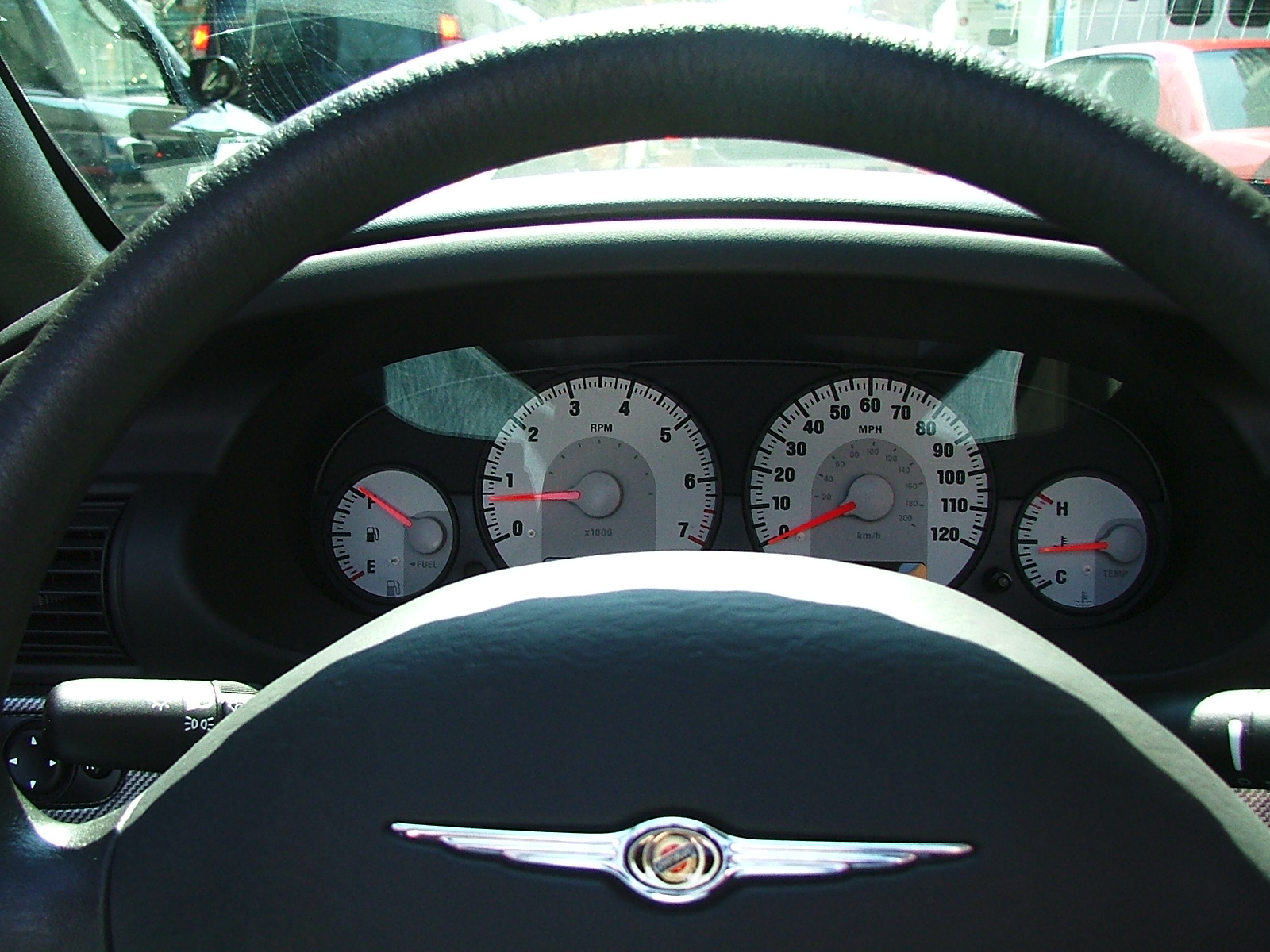Driver Fatigue STOP, REVIVE, SURVIVE
Driver fatigue accounts for about 20% of road deaths in NSW. Fatigue is particularly dangerous because it affects everyone, no matter how experienced a driver you are.
What is driver fatigue? Fatigue is a term used to describe the feeling of being ‘sleepy’, ‘tired’ or ‘exhausted’. This is your body’s way of telling you that you need to stop and rest or sleep. The best way to avoid driver fatigue is to make sure you have plenty of sleep before you set off. The only way to treat fatigue once you have already started driving is to stop and rest until you are refreshed.
Facts about driver fatigue
Fatigue fact 1 Fatigue is associated with the hours when you would normally be asleep. The risk of having a fatal fatigue crash is four times greater between the hours of 10pm and 6am because this is when your body is programmed to sleep. Your temperature falls and your blood pressure drops so that at night and to some extent during the afternoon, your ability to perform tasks can be severely impaired. This includes your ability to drive. Your circadian rhythms (natural sleep pattern) cause this type of fatigue and there is nothing you can do to stop it. So if you drive at night or early in the morning your risk of driver fatigue is increased.
Fatigue fact 2 The average person needs about eight hours of sleep each night to function normally, teenagers need even more. When you reduce the number of hours you sleep at night you start to accumulate what is called a ‘sleep debt’. The only way to treat your sleep debt is by sleeping.
Fatigue fact 3 Fatigue is caused by how long you have been awake. After being awake for 17 hours the risk of driver fatigue is greatly increased.
Fatigue fact 4 You have a high risk of suffering from fatigue immediately after you wake up, when you still feel groggy. This is called ‘sleep inertia’ and generally lasts between 15 to 30 minutes. Wait until you have overcome sleep inertia before you drive. All these factors will increase your fatigue.
Fatigue fact 5 The risk of fatigue increases with the amount of time you have spent driving. To reduce fatigue you should aim to stop for 15 minutes every two hours. But remember, the only cure for fatigue is a good night’s sleep.
Signs of fatigue
Driver fatigue severely impairs your concentration and judgement; it slows your reaction time. In fact, some of the effects of fatigue are as dangerous as the effects of alcohol on your driving. As you drive, watch for early warning signs of fatigue:

